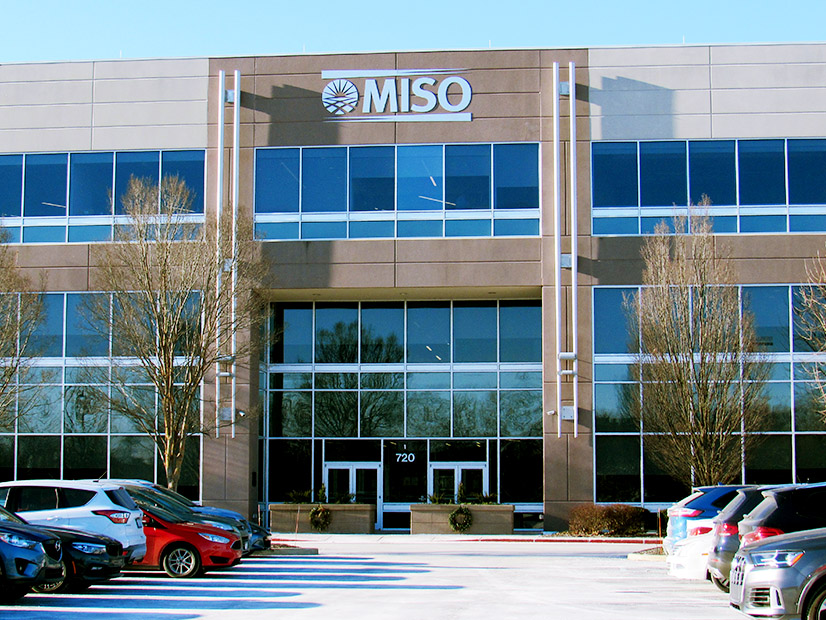MISO’s June listening session with its Board of Directors will concentrate on how the RTO and its members are tackling the nationwide Great Resignation, a recent phenomenon in which employees are quitting their jobs at a record rate.
Speaking at the Advisory Committee’s meeting Wednesday, Allegra Nottage, MISO’s human resources and chief diversity officer, said the RTO is faced with “inflation and salary pressures” to attract and retain talent. She said the entire electric industry is experiencing similar strain, and MISO leadership would like to hear how its members are navigating the new employment landscape.
Nottage laid out five questions for MISO members and organizations to consider ahead of next month’s committee meeting during the RTO’s quarterly Board Week, to be held in Indianapolis:
- How are organizations within MISO sectors experiencing the Great Resignation?
- How can MISO and members use more diverse hiring practices to fill talent needs of the industry now and into the future?
- Where do MISO sectors see the largest demands for positions, and what is the risk of not being able to fill them?
- Are sectors experiencing salary pressure to retain employees, and if so, what is being done to address the issue?
- How are MISO members thinking about the tensions “between changing expectations and preferences and employer preferences in terms of culture; the way work gets done; where work gets done?”
“The future of work appears to be more hybrid in nature, more flexible in nature, and MISO is interested in how sectors are handling that,” Nottage told the Advisory Committee.
At the spring MISO-SPP conference hosted by the Gulf Coast Power Association, MISO CEO John Bear said to retain and attract employees, the RTO plans to review compensation two to three times per year. He said MISO is up against inflation and competing employers that lure employees with double-digit percentage pay raises.
Additionally, stakeholders are asking that they be able to make direct comments to committee members and the board during Advisory Committee meetings. Currently, stakeholders who are not Advisory Committee members are limited to an open mic period at the end of committee meetings to make public comments, usually hours after discussions have wrapped.




